At the October session, the Government will submit to the National Assembly draft resolutions on applying global minimum tax and non-tax investor support mechanisms.
This information was stated by Prime Minister Pham Minh Chinh when giving his opinion on the proposal to apply a global minimum tax at the Government meeting on law making on July 26.
Analyzing the legal basis, the delegates attending the meeting said that the early application of the global minimum tax is necessary to ensure the legitimate rights and interests of Vietnam. On the other hand, in the context of this tax, it is necessary to introduce new policies, incentives, and investment support to ensure the competitiveness and attractiveness of the investment environment in Vietnam.
Therefore, the Prime Minister assigned the Ministry of Finance to prepare a report and propose the imposition of this tax. The Ministry of Planning and Investment proposed a mechanism to support investors outside of tax. The Minister of Justice was authorized by the Prime Minister to sign a report on behalf of the Government in July to report to the National Assembly and the National Assembly Standing Committee to add the above two draft resolutions to the 2023 Law and Ordinance Development Program.
The Government will submit to competent authorities for permission to draft the above resolutions according to simplified procedures and submit to the National Assembly for approval according to the one-session process (October this year).
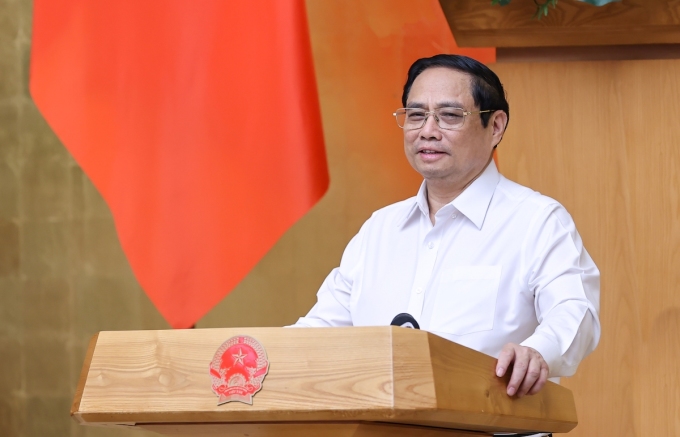
Prime Minister Pham Minh Chinh speaks at a legal conference on July 26. Photo: VGP
The global minimum tax is an agreement reached by G7 countries in June 2021 to combat tax avoidance by multinational corporations, effective from January 1, 2024. The tax rate will be 15% for multinational enterprises with a total consolidated revenue of 750 million euros (about 800 million USD) or more in two of the four most recent years. This is to prevent multinational companies from shifting profits to low-tax countries to avoid taxes.
In ASEAN, some countries have plans to apply global minimum tax regulations from 2024.
Regarding the Law on Special Consumption Tax (amended) , the Prime Minister noted that policies need to regulate consumption in accordance with shifts in consumption trends, protect people's health and the environment, and ensure reasonable mobilization of resources for the state budget.
Furthermore, policies need to promote the role of tax tools to regulate economic activities, while balancing and harmonizing between promoting production and business, creating jobs and livelihoods for people with the goal of budget revenue and expenditure, and preventing tax losses.
Regarding the Law on Value Added Tax (amended), the Government leader proposed adding solutions to regulate newly emerging business activities, such as e-commerce and digital platform-based business.
"Policies need to be carefully assessed for impact, ensuring they are reasonable and feasible. Tax collection management needs to be strict, avoiding creating loopholes for taxpayers to take advantage of to commit fraud and evade taxes," said the Prime Minister.
He also noted that when developing policies, ministries and branches need to promote decentralization and delegation of power along with resource allocation and implementation capacity of subordinates.
Source link






















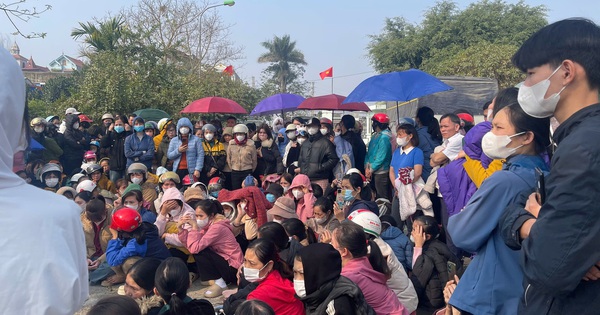

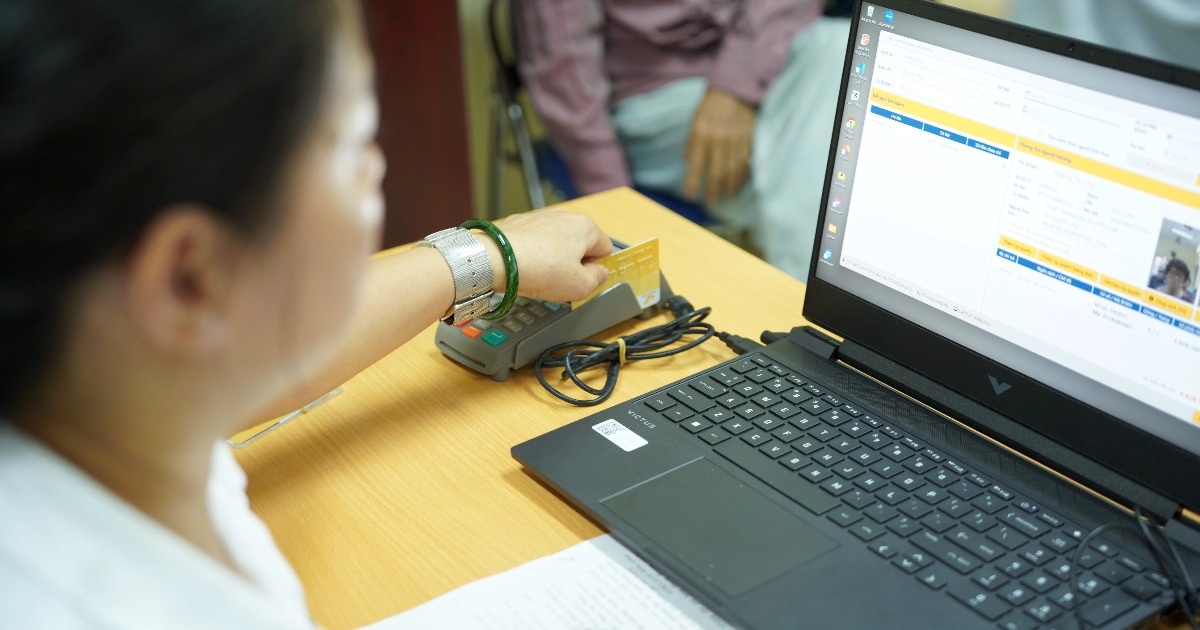

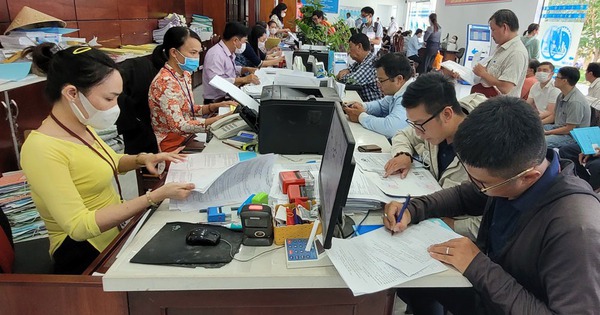
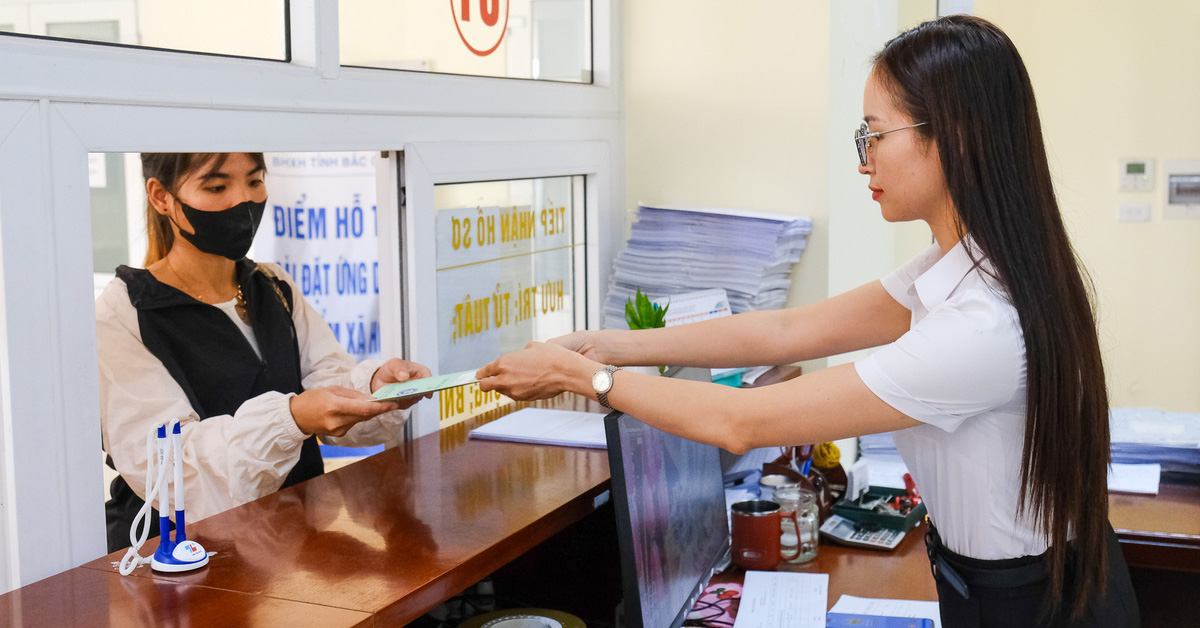



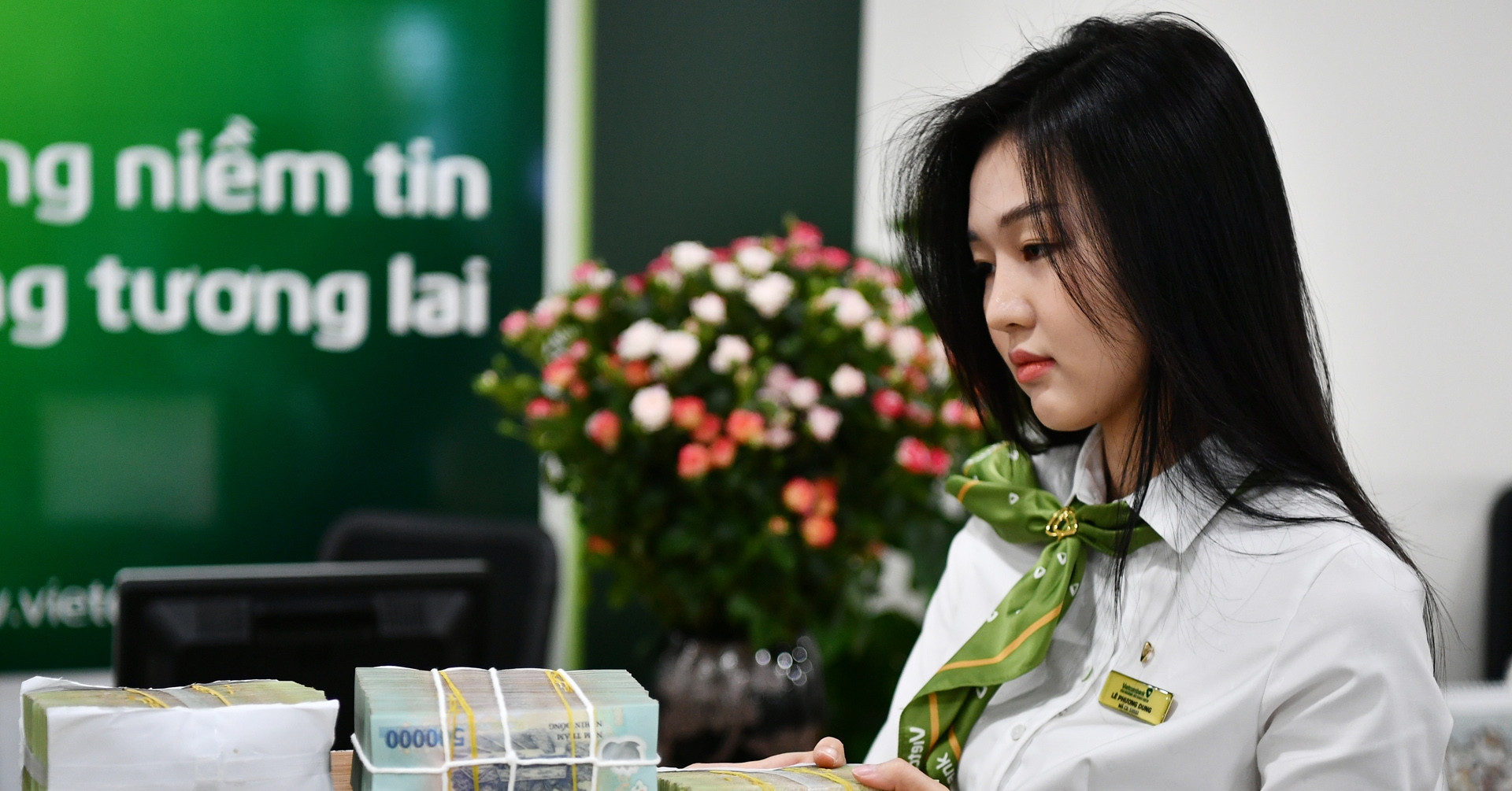






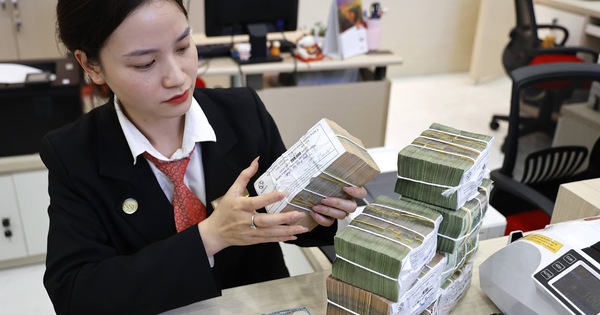
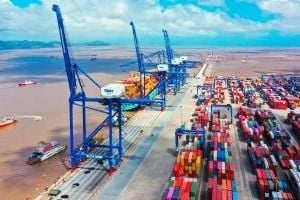




















Comment (0)